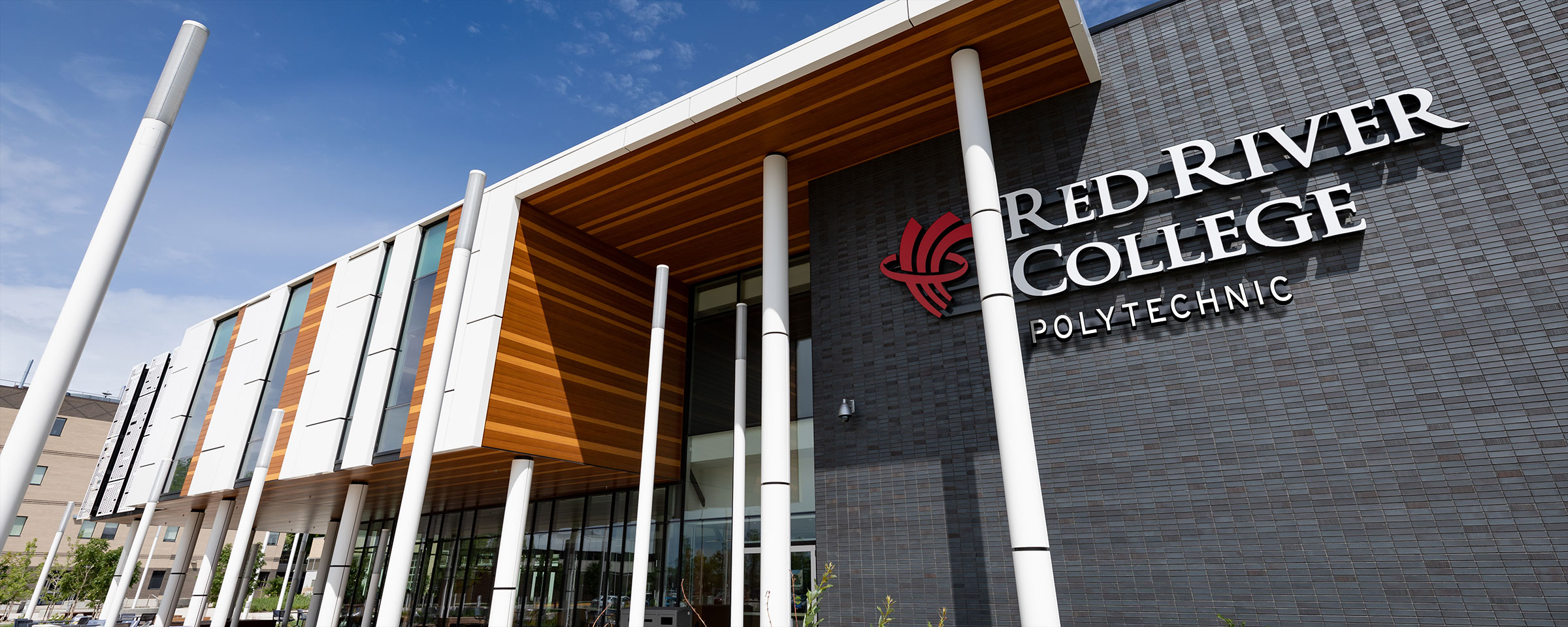RRC Polytech announces James (Jamie) Wilson as the institution’s new Vice-President, Indigenous Strategy and Business Development
The new executive role will enable the Polytechnic to partner with Manitoba’s Indigenous communities, businesses, and entrepreneurs to make progress on RRC Polytech’s new strategic plan.
Winnipeg, Manitoba, on Treaty No. 1 Territory and the Homeland of the Métis Nation – Today, RRC Polytech is taking an important step towards fulfilling the commitments within its 2022 – 2026 Strategic Plan: In Front of What’s Ahead, by establishing a new executive position under the leadership of Jamie Wilson (Opaskwayak Cree Nation) to guide this significant and transformational work for the College.
Wilson is a visionary leader with a passion for building bridges between communities and organizations, strengthening relationships with Indigenous Peoples, and creating opportunities for community and social development that lead towards economic opportunity and prosperity.
“This is an area of significant importance for RRC Polytech, and we were fortunate to recruit Jamie to this new role. His experience and background will bring the vision and leadership we need to strengthen this work and advance our strategic commitments,” said Fred Meier, President & CEO, RRC Polytech.
In addition to leading on Indigenous strategy, Wilson will take on the responsibility for business development at RRC Polytech, focusing on deepening and expanding the College’s relationship with business and employers to solve their greatest needs and drive positive outcomes for their growth and success.
“Our future economic prosperity and the growth of our labour market in Manitoba is inextricably linked to the success of our Indigenous communities and the province. This new role is essential for RRC Polytech to put everything we do through that lens to identify new opportunities for partnership and growth,” said Meier.
With a background as a Deputy Minister (Growth, Enterprise and Trade; Education), educator, a member of the 75th Ranger Regiment, an Infantry officer and as Manitoba’s Treaty Commissioner, Wilson is uniquely positioned to lead this new portfolio.
“This is an important role at RRC Polytech, and I look forward to bringing my experiences to help shape this essential work and drive innovation in our processes and approach. The path that RRC Polytech has committed to has put them in the right place at the right time to grow to make meaningful progress towards the TRC Calls to Action and economic reconciliation through increased partnerships with Indigenous students, businesses and communities,” said Jamie Wilson, Vice-President, Indigenous Strategy and Business Development, RRC Polytech.
Partnerships are the core of the College’s success. They enable RRC Polytech to extend its resources, leverage the strengths of our partners, accelerate progress in innovation and research, and expand our reach. This new role will enable RRC Polytech to do more and play a more significant role in creating positive outcomes and opportunities throughout the province.
“RRC Polytech’s ability to co-design solutions to complex industry challenges is something I have witnessed from both business and government roles. I am keen to be a part of the team that continues and builds on this important work for Manitoba,” said Wilson.
Wilson will join RRC Polytech in this new role starting January 3, 2022.
